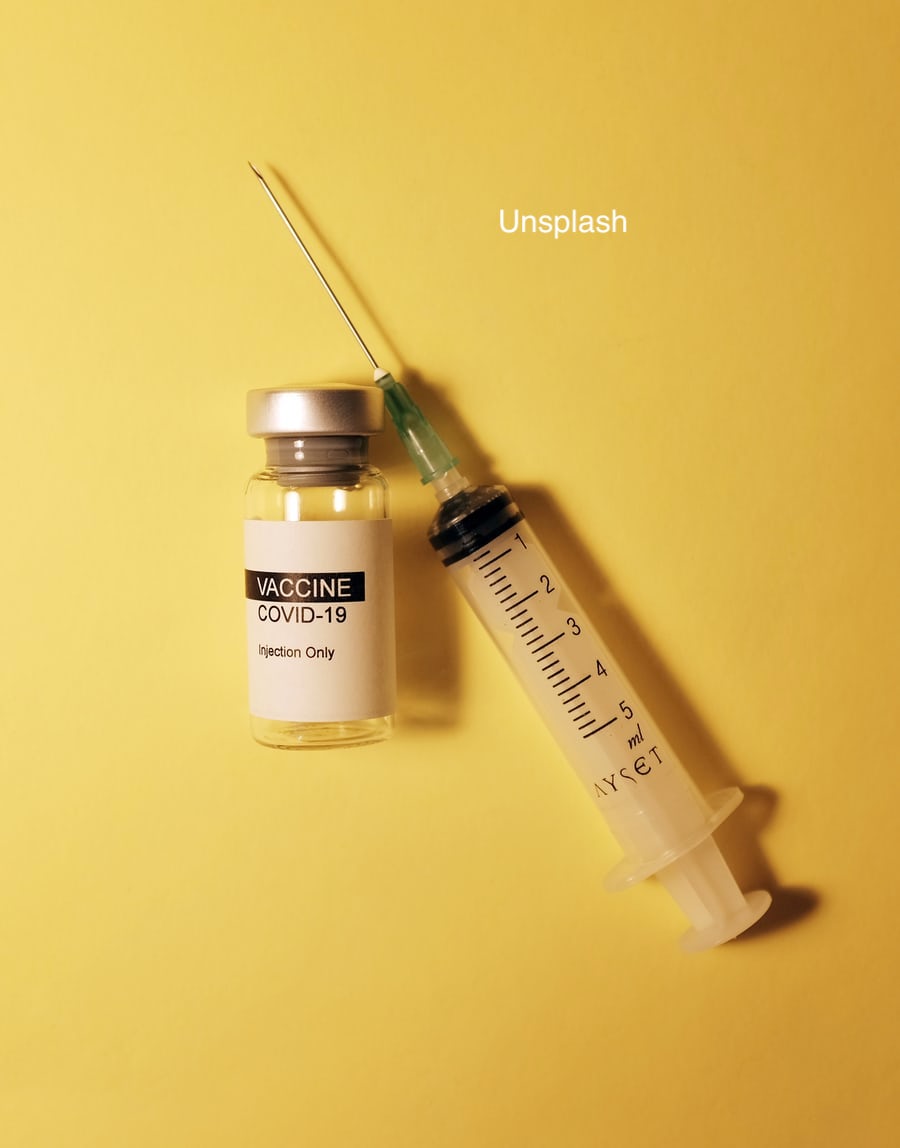Moderna Inc. said it will deliver less Covid-19 vaccine than planned to the U.K., Canada and other countries this quarter due to a shortfall in doses in its European supply chain.
Moderna, which is working with Swiss partner Lonza Group AG to make the shots in Europe, attributed the reduction in deliveries to a slower-than-expected ramp-up of production capacity. Moderna has its own plant in Massachusetts that is making supply for the U.S.
The reduced deliveries to other countries will further constrain global vaccine supplies, with shots from Johnson & Johnson on hold across much of the world due to concerns about a link to rare but dangerous blood clots, an issue that has also prompted restrictions on the use of AstraZeneca Plc’s vaccine in Europe.
“The trajectory of vaccine manufacturing ramp-up is not linear, and despite best efforts, there is a shortfall in previously estimated doses,” Moderna said in a statement Friday. “Vaccine manufacturing is a highly complex process and a number of elements, including human and material resources, have factored into this volatility.”
Shipments to the U.K. will be reduced starting this month, just days after the Moderna vaccine was rolled out in Britain, which will affect the overall number of doses that were expected to be supplied by the end of June.
U.K. Program
The U.K.’s immunization program has been a bright spot in Britain’s response to the pandemic, with almost half the population now vaccinated with at least one dose. The pace looks set to slow over the coming weeks, though, after a shipment of the AstraZeneca vaccine from India was delayed, pushing the government to shift focus to delivering second doses.
The U.K. has purchased 17 million doses of the Moderna shot, the smallest contract in its vaccine portfolio.
The company has also told the Canadian government it will nearly halve its expected deliveries of Covid-19 vaccines this month as it struggles to contain a third wave of coronavirus cases, according to Procurement Minister Anita Anand.
Canada will now receive 650,000 doses by the end of April, instead of the originally planned 1.2 million. As many as 2 million more scheduled to arrive by the end of June will arrive by the end of September, Anand said via email to Bloomberg
Lonza did not immediately respond to phone and email messages seeking comment by Bloomberg

